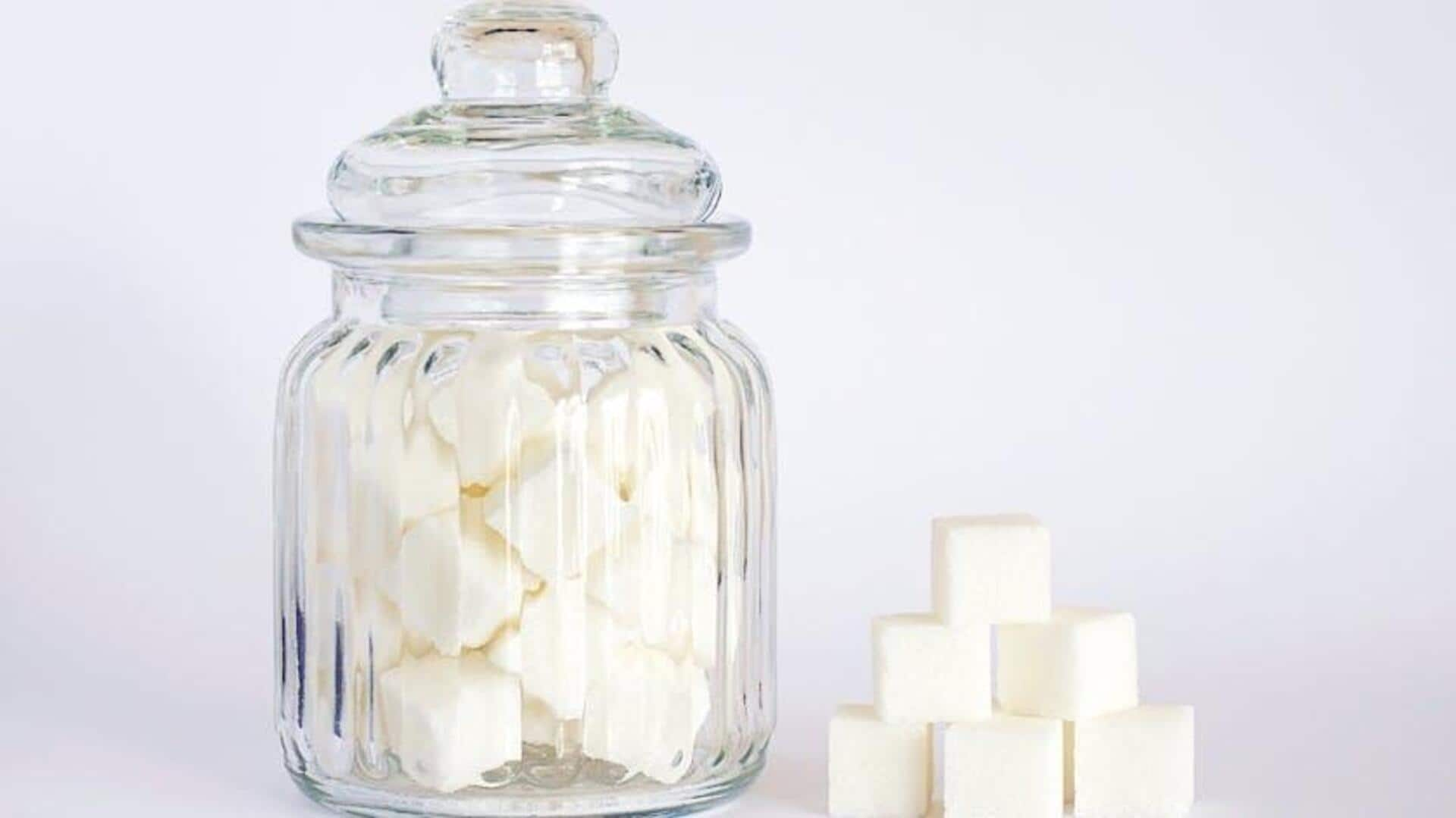
Are sugar substitutes really safe? Let's find out
What's the story
Sugar substitutes have become a go-to option for people controlling diabetes, providing a means to enjoy sweetness without the sugar spikes.
But, myths surrounding their safety and effectiveness continue to exist.
Here's debunking these myths, and telling you how you can use sugar substitutes effectively in a diabetic-friendly diet.
Artificial sweeteners
Understanding artificial sweeteners
Most people confuse artificial sweeteners with bad chemicals. However, they are extensively tested and approved by health authorities across the globe.
These sweeteners give you the sweetness without any calories or carbs, making them perfect for diabetics. Some common examples are aspartame and sucralose.
Do note, they are safe for most but some people may face digestive issues, if taken in large quantities.
Natural alternatives
Natural sugar alternatives explained
Natural sugar alternatives such as stevia and monk fruit extract are plant-derived and provide sweetness without affecting blood glucose levels much.
Stevia is up to 300 times sweeter than sugar but has no calories or carbs.
Monk fruit extract is another zero-calorie option that doesn't raise blood sugar levels.
These natural options can be great for anyone looking for plant-based sweeteners.
Blood sugar impact
Impact on blood sugar levels
A common myth is that all sugar substitutes affect blood glucose levels just like regular sugar.
However, most artificial and natural sweeteners have little to no effect on blood glucose when consumed in moderation.
For example, erythritol has a glycemic index of zero, which means it doesn't cause spikes in blood sugar levels at all.
Moderation advice
Moderation is key
While sugar substitutes are beneficial for diabetics, moderation is key.
Overconsumption of any substitute can cause digestive discomfort or other side effects like bloating or gas.
This is because of certain compounds found in them, like polyols in some artificial sweeteners such as sorbitol or xylitol, which may have laxative effects if taken in excess over time.